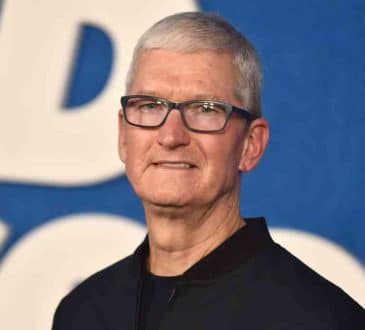The Surprising ROI of MOOCs (Massive Open Online Courses)

MOOCs (massive open online courses) have been revolutionizing online education for several years and are now becoming a major force in the corporate world. Designed to enroll thousands of learners, the courses happen online and are free to anyone with a computer, Internet access and the drive to learn something new.
MOOCs emerged in 2008 but really gained traction in 2012, when Stanford University offered its first series of classes. Now they’re available through universities, nonprofits and for-profit companies, with many offering certificates of completion and even college credit. Some courses, like the MITx class on electrical circuits, have enrolled over 150,000 learners.
For businesses, the most obvious benefits of MOOCs are their potential cost savings in terms of logistics, development and delivery: Travel expenses vanish as learners access content at any time and from any setting with Internet connectivity; learners work at their own pace; and many of these free courses already suit companies’ needs, but even when courses need to be developed, online training reaches more people and costs less per employee.
Still, companies have been slow to realize the benefits, partly because of concerns about development costs, lack of data to track employees’ attendance, and failure to connect course content to real skills in the workplace.
Recent developments have changed all that. More and more courses are targeted to businesses. Some platforms allow companies to tailor courses for free: Harvard’s MOOC platform edX has released its code and its hosting scripts as open source. The steel manufacturing company Tenaris announced that it would use this code for its own training programs. Plus, many courses now offer data analytics to track learners’ progress and award certificates of completion to help companies verify new skills. These advances are bringing dramatic reductions in training budgets to companies like Google, Deloitte and Yahoo!
But these benefits are just the tip of the iceberg. Here are four surprising, dramatic ways that MOOCs can bring ROI:
Business Talent, Not Just Skills: MOOCs foster collaboration, self-direction and leadership talent. Because students work on course material at their own pace, self-direction and initiative are essential. But this structure can also help learners motivate one another. Courses also demand that learners apply material in class through role-plays, use cases, group projects, and other exercises, which build collaboration and offer leadership opportunities. McAfee used the MOOC classroom format to redesign its employee orientation, ultimately saving time and boosting company sales.
Building Talent Pipelines: Business recruiters view MOOCs as valid forms of professional development. Recruiting firms such as Aquent describe the online courses as powerful tools to create the workforce that businesses need. Josh Bersin, CEO at Bersin & Associates, reports that companies like Google, Amazon, Twitter and Facebook are already partnering with MOOC providers to identify high-performing students as potential recruits.
Brand Marketing: How could MOOCs possibly help a company to market its brand? Consumer education is one way. Corporate training expert Jeanne Meister describes how businesses like Bank of America are using MOOCs to help consumers become more informed. Through a partnership with Khan Academy, Bank of America is creating user-friendly MOOCs to help its customers develop financial literacy.
Collaboration and Innovation: Just as universities are partnering with companies to develop MOOC platforms, businesses can partner with MOOC providers to collaborate on innovative projects. According to Bersin, popular MOOC provider Coursera used a platform called Coursolve to allow companies to participate in a business strategy class to solve real-world business challenges.
With these benefits, companies don’t just stand to gain from the MOOC revolution. They might just risk falling behind if they ignore the amazing potential of the new wave of online learning.
Written by Josh Clement, President and CEO of Concentrated Knowledge Corporation, the parent company of Soundview Executive Book Summaries and SoundviewPro; editing by Amarendra Bhushan, Janina Energin, Hendrik L Clarke, and Amy Canter.
Add CEOWORLD magazine to your Google News feed.
Follow CEOWORLD magazine headlines on: Google News, LinkedIn, Twitter, and Facebook.
This report/news/ranking/statistics has been prepared only for general guidance on matters of interest and does not constitute professional advice. You should not act upon the information contained in this publication without obtaining specific professional advice. No representation or warranty (express or implied) is given as to the accuracy or completeness of the information contained in this publication, and, to the extent permitted by law, CEOWORLD magazine does not accept or assume any liability, responsibility or duty of care for any consequences of you or anyone else acting, or refraining to act, in reliance on the information contained in this publication or for any decision based on it.
Copyright 2024 The CEOWORLD magazine. All rights reserved. This material (and any extract from it) must not be copied, redistributed or placed on any website, without CEOWORLD magazine' prior written consent. For media queries, please contact: info@ceoworld.biz
SUBSCRIBE NEWSLETTER








